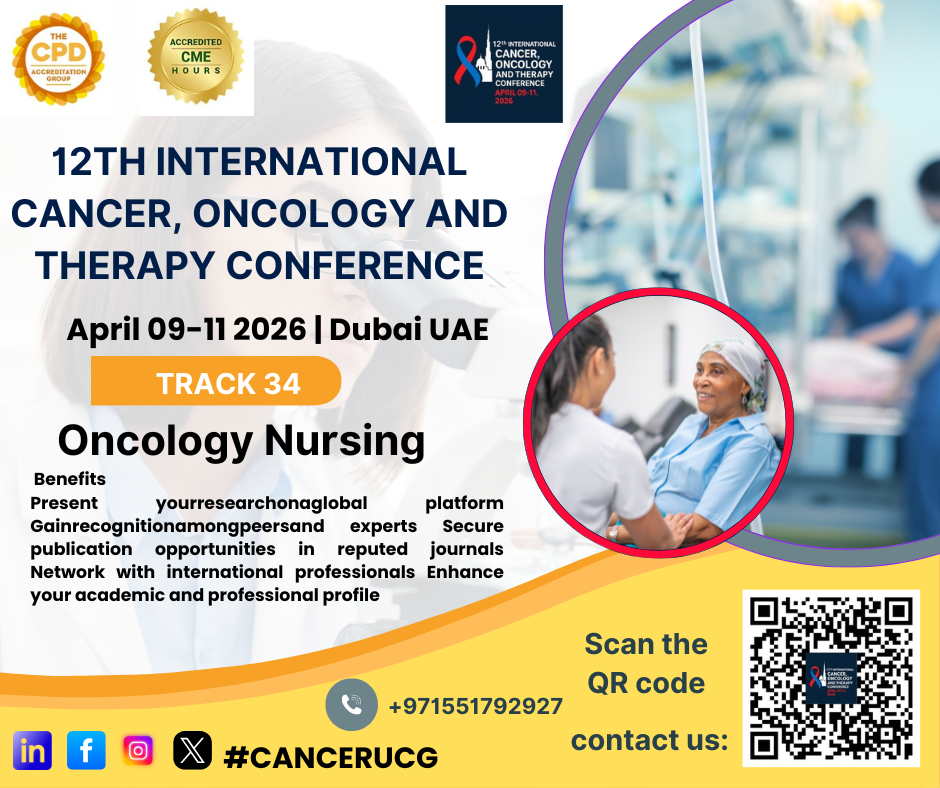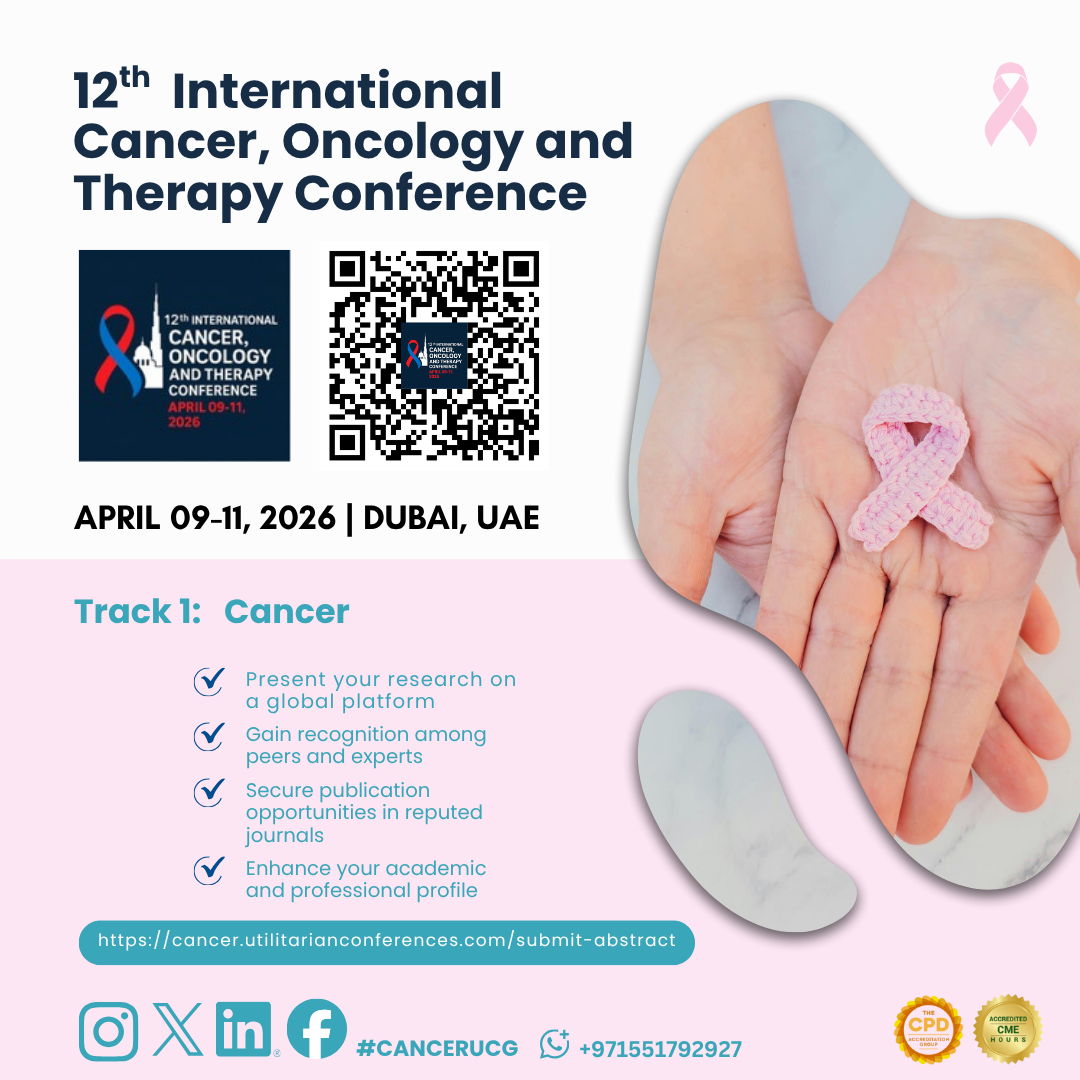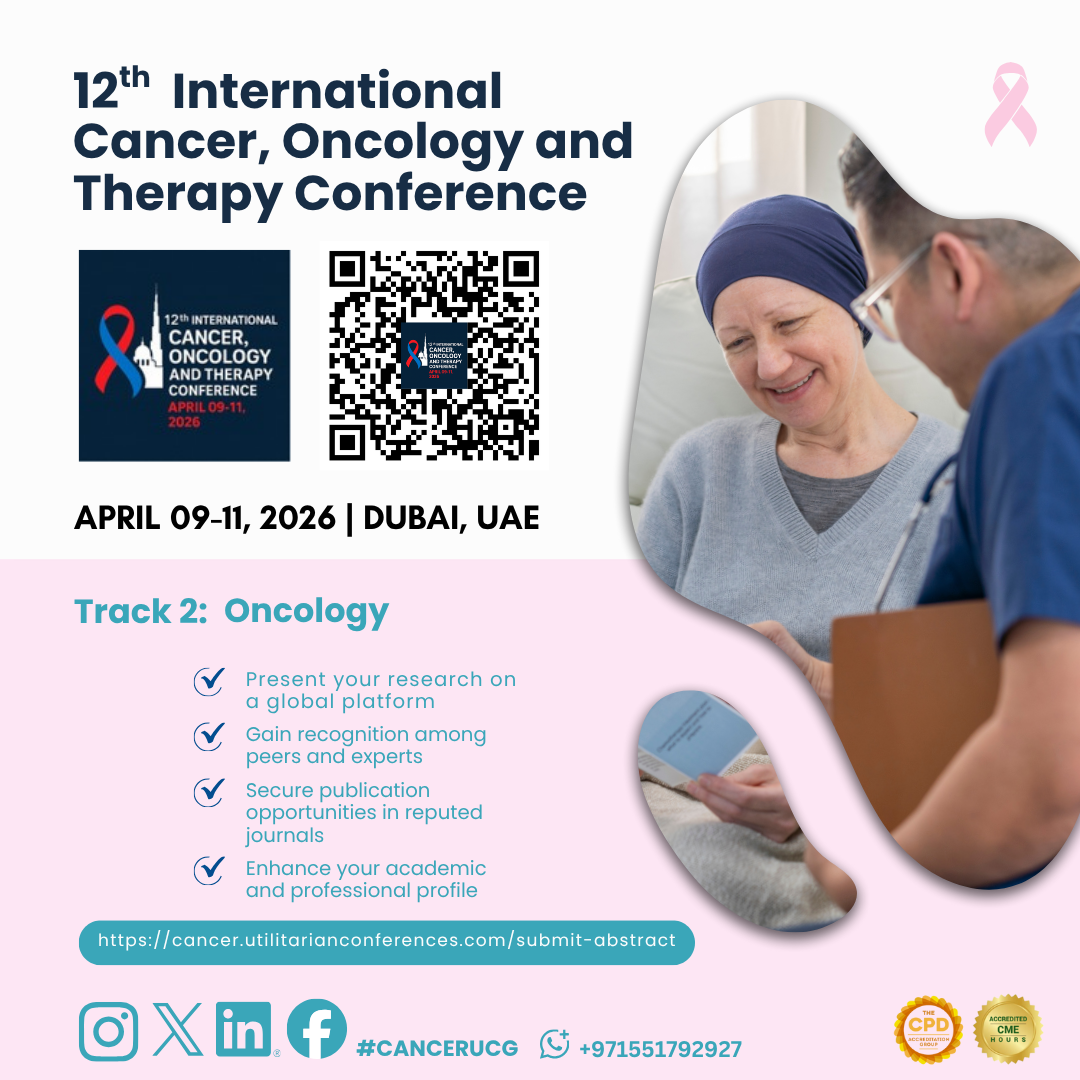Oncology nursing is a specialized field within nursing that
focuses on caring for patients with cancer. Oncology nurses play a critical
role in cancer treatment, prevention, education, and support. Their work often
involves close collaboration with oncologists, surgeons, radiation therapists,
and other healthcare professionals to provide holistic care to patients at all
stages of their cancer journey.
Key Roles and Responsibilities of
Oncology Nurses:
- Patient Assessment and
Monitoring:
- Conduct thorough health assessments, including
physical and emotional evaluations.
- Monitor patients for side effects of cancer
treatments such as chemotherapy, radiation, and immunotherapy.
- Treatment Administration:
- Administer chemotherapy, immunotherapy, and
other cancer-related treatments.
- Manage and monitor central lines or infusion
ports.
- Ensure patient safety during treatments by
adhering to strict protocols.
- Symptom and Side Effect
Management:
- Provide interventions for managing pain, nausea,
fatigue, and other common cancer-related symptoms.
- Educate patients on managing side effects at
home.
- Patient Education and
Advocacy:
- Educate patients and families about the cancer
diagnosis, treatment options, and expected outcomes.
- Advocate for the patient's preferences and needs
within the healthcare team.
- Emotional and Psychosocial
Support:
- Offer compassionate care and emotional support
to patients and families.
- Provide resources for mental health support,
palliative care, or end-of-life planning if needed.
- Collaboration and Teamwork:
- Work with interdisciplinary teams to create and
implement personalized care plans.
- Coordinate care transitions between outpatient
and inpatient settings.
Skills Required in Oncology
Nursing:
- Strong clinical knowledge of cancer pathophysiology and treatment
modalities.
- Excellent communication and interpersonal skills to support
patients and families.
- Proficiency in critical thinking and problem-solving.
- Empathy and resilience to cope with emotionally demanding
situations.
Certifications and Education:
- Registered Nurse (RN): A minimum requirement for oncology nursing.
- Specialized Certifications: Oncology Certified Nurse (OCN®),
Advanced Oncology Certified Nurse Practitioner (AOCNP®), and Certified
Pediatric Hematology Oncology Nurse (CPHON®).
- Continuing education to stay updated on advancements in cancer care





